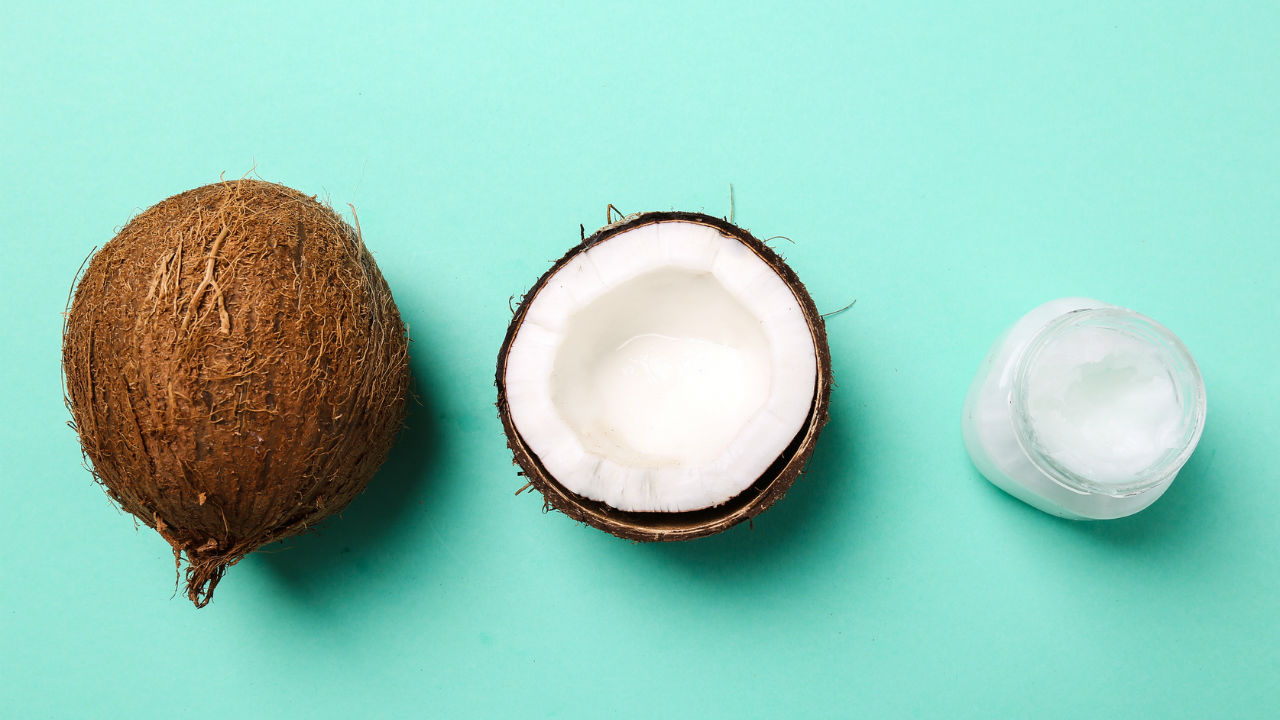 Photo: Getty Images
Photo: Getty Images
The recommendations on salt in diet have become confusing. While some people argue that salt restriction is beneficial for the heart, the latest review in the Cochrane Database indicates otherwise. The authors of this study looked at data from clinical trials involving 6,500 individuals and found no benefit of salt restriction with respect to heart disease or overall mortality. On the other hand, salt restriction was linked to an increased risk of death in patients with heart failure. (1)
Rod Taylor, Ph.D. of Peninsula College of Medicine and Dentistry in Exeter, England, said, "There is still insufficient power to exclude clinically important effects of reduced dietary salt on mortality or cardiovascular morbidity in normotensive or hypertensive populations. Further randomized clinical trial evidence is needed to confirm whether restriction of sodium is harmful for people with heart failure. Our estimates of benefits from dietary salt restriction are consistent with the predicted small effects on clinical events attributable to the small blood pressure reduction achieved." (2)
For most of the past two decades, observational studies have linked high dietary salt intake as a risk factor for high blood pressure, and many countries have made public health recommendations to reduce salt intake by about 50 percent.
Evidence that has lent support for restricted salt intake to prevent heart disease has been derived in large part from studies looking at the relationship of salt intake to blood pressure. Rigorous analysis of these studies on salt restriction has shown a reduction in blood pressure, but the degree of reduction has diminished with time.
One of the reasons for the discrepancy in data is that no good, robust epidemiologic data exists about salt and its relationship to heart disease.
In any case, the American Heart Association (AHA) remains convinced that salt restriction in diet is of importance.
The AHA has mentioned that these studies have a low representation of African Americans and elderly individuals, two populations at very high risk for hypertension. The AHA raised uncertainty about the usefulness of these findings to the North American population as well. The foundation also cites that the adequacy of the follow-up duration was short and use of food diaries instead of monitoring urinary salt excretion to assess salt consumption is not scientific.
AHA officials point out that, "Nine out of 10 Americans will develop high blood pressure in their lifetime. Reducing sodium now - even for people who currently have normal blood pressure - can reap enormous long-term benefits by reducing the risk for developing high blood pressure and helping those with high blood pressure manage their condition more effectively."
To conclude, the American Heart Association urges the public to limit daily salt intake to 1, 500 mg. (3)
Sources
1. Taylor RS, Ashton KE. Reduced dietary salt for the prevention of cardiovascular disease. http://www2.cochrane.org/reviews/en/ab009217.html
2. Taylor RS, et al. Reduced Dietary Salt for the Prevention of Cardiovascular Disease: A Meta-Analysis of Randomized Controlled Trials (Cochrane Review). http://www.nature.com/ajh/journal/v24/n8/full/ajh2011115a.html
3. American Heart Association supports new USDA/HHS dietary guidelines and encourages adherence: AHA also expresses disappointment that sodium, saturated fat guidance is weak. http://www.newsroom.heart.org/index.php?s=43&item=1243.
Reviewed July 21, 2011
by Michele Blacksberg R.N.






Add a CommentComments
There are no comments yet. Be the first one and get the conversation started!